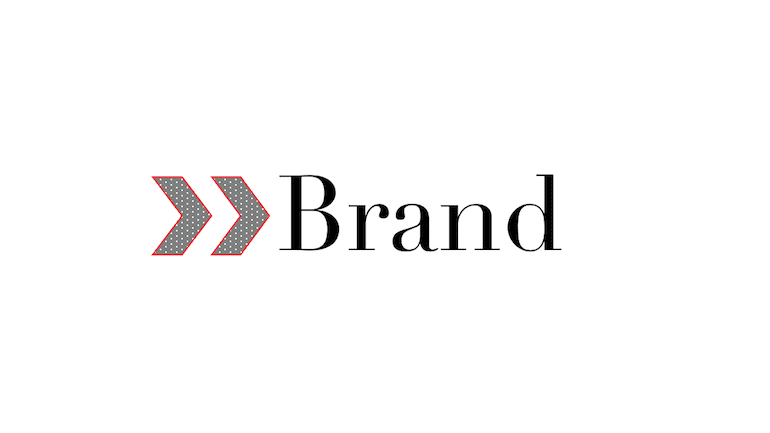Earlier this week, Jason Fried, the Co-founder and CEO of Basecamp, caused waves in the PPC community by expressing his displeasure with brands who buy competitor’s brand keyword(s). Here is the statement he made on LinkedIn.

He also tweeted a similar message which included a sample ad making fun of the situation.

Fried’s frustration is twofold. He believes that competitors shouldn’t buy competitor brand keywords because it is “cowardly.” Second, he faults Google for allowing this practice because “it’s a nasty way to do business” and it forces brands to “pay up if you want to be found.”
The themes that Fried references aren’t new to PPC advertisers. We have been answering the questions of “Should I bid on my brand keywords?” and “Should I bid on competitor keywords?” since Google AdWords (now Google Ads) was first introduced. The difference is that many advertisers understand the Google playing field. We all have personal opinions about the ethics of bidding on competitor keywords, but it is allowed and has strategic advantages. In the same light, there are negative ramifications. Bidding on competitor keywords may lower your Quality Scores and force you to pay more for these terms. I’ve also seen competitors send cease and desist letters even though this tactic is legal. Google states in its Trademarks policy that “We don’t investigate or restrict trademarks as keywords.”
Advertisers weigh the pros and cons of bidding on their brand keywords and competitor terms. It’s not an indictment on Google’s policies, but a strategic review of which tactics will drive successful results.
I understand Fried’s frustration with Google, but I don’t agree with his assessment. Similar to what Julie Friedman Bacchini and Marty Weintraub have written, we must abide by Google’s rules. We all know what we are getting into when we decide (or not decide) to use Google Ads in conjunction with organic efforts.
The take I want to bring to this argument are the considerations for bidding on brand and competitor brand keywords. Advertisers need to understand how the system works and the differences between paid and organic listings. It’s not so simple as saying “Why would I bid on my brand if I’m showing at the top organically anyway?” Or, “Bidding on competitor brand keywords is unethical.” There are facets to each argument that receive little attention but can make significant impacts.
Brand Bidding
Many advertisers agree that bidding on your brand keywords is a good idea. If you conduct a search for “Why you should bid on your brand keywords?” the majority of articles speak favorably to the practice. The top reasons commonly referenced as to why you should bid on brand keywords include:
- Overall site traffic and leads/revenue tend to increase
- The more listings you have on the SERP results page the more credible you are (paid, organic, map listings, knowledge boxes, etc.)
- If competitors are bidding on your brand keywords (and showing above your organic listing) you move to the top of the page
- You can better control your PPC ad message vs. your organic listing
I want to focus on this last point of better controlling your message. Though organic listings are free, they don’t afford site owners the same number of options as paid ads do. Running a brand campaign allows for ongoing message testing and more accurate landing pages depending on the query. Let’s look at 4 “Basecamp” queries that vary by intent.
- “Basecamp” – Reviewing the product
- “Basecamp pricing” – Wanting information about pricing
- “Basecamp reviews” – Looking into the product’s credibility
- “Jason Fried Basecamp” – Learning about the CEO
All of these queries should be in their own ad groups. The messaging and landing pages should be different for each ad group. Furthermore, ad extensions may be unique or at least varied because the search intent is different for each query.
It’s possible that you would get the desired listing and associated landing page when searching organically, but it isn’t guaranteed like PPC. Though you are able to write unique page titles and meta descriptions for each page, it’s not a given that Google will show this desired messaging. Even if it does show, you can only test 1 set of messaging at a time. You also have little control of which sitelinks may show. Finally, the organic listing might not even be in the first position. A search for “Basecamp reviews” doesn’t list a Basecamp result in the first 5 organic listings. Regardless of whether you buy your brand keywords, your organic listings don’t allow the same control as paid ads.
Bidding On Competitor Brand Keywords
There is a misconception that showing your ad for a competitor’s brand keyword means that you are bidding on that term. This isn’t always the case. Based on your keyword match type and the recent close variants update, queries that may or may not include your competitor’s brand name can trigger your ads.
An example is when you are bidding on a general keyword and the user includes your competitor’s brand name. Let’s say Company X is bidding on the modified broad match version of “+enterprise +management +software.” If the query is “Basecamp software for enterprise management,” the ad may show. The search is for the brand, but if Company X hasn’t added “Basecamp” as a negative keyword, this query can trigger an ad.
Another example is a direct result of Google taking liberties through close variants and users’ search histories. Perhaps someone is looking for a new project management system and has searched these queries over the last few weeks:
- Project management
- Bringing teams together
- Tracking business time
- A place to store all messages
After researching different platforms, the user types in “Basecamp.” Even though Company X isn’t bidding on this keyword, the ad may still show because Google deems the search relevant to this user. Especially if the advertiser is bidding on a broad match version of “project management” or another similar term, it’s plausible that the ad would show for the brand query.
The irony in these scenarios is that the cost per click may be higher than what it would cost to just bid on the competitor brand keyword. In addition, the ad wouldn’t have specific messaging based on the query. In competitor campaigns, advertisers may use messaging that speaks to an alternative or highlights the differences.
If advertisers do choose to bid on competitor brand keywords, they do so at their own peril. Again, there is no Google rule saying that this tactic is against policy. It’s up to the advertiser to determine if the pros outweigh the cons.
Final Thoughts
Jason Fried has successfully brought to light a couple of ongoing PPC issues. Especially as the search landscape is constantly evolving, these issues are worth reviewing from time to time. As PPC advertisers, we need to be aware of all ramifications and share this guidance with our clients.




